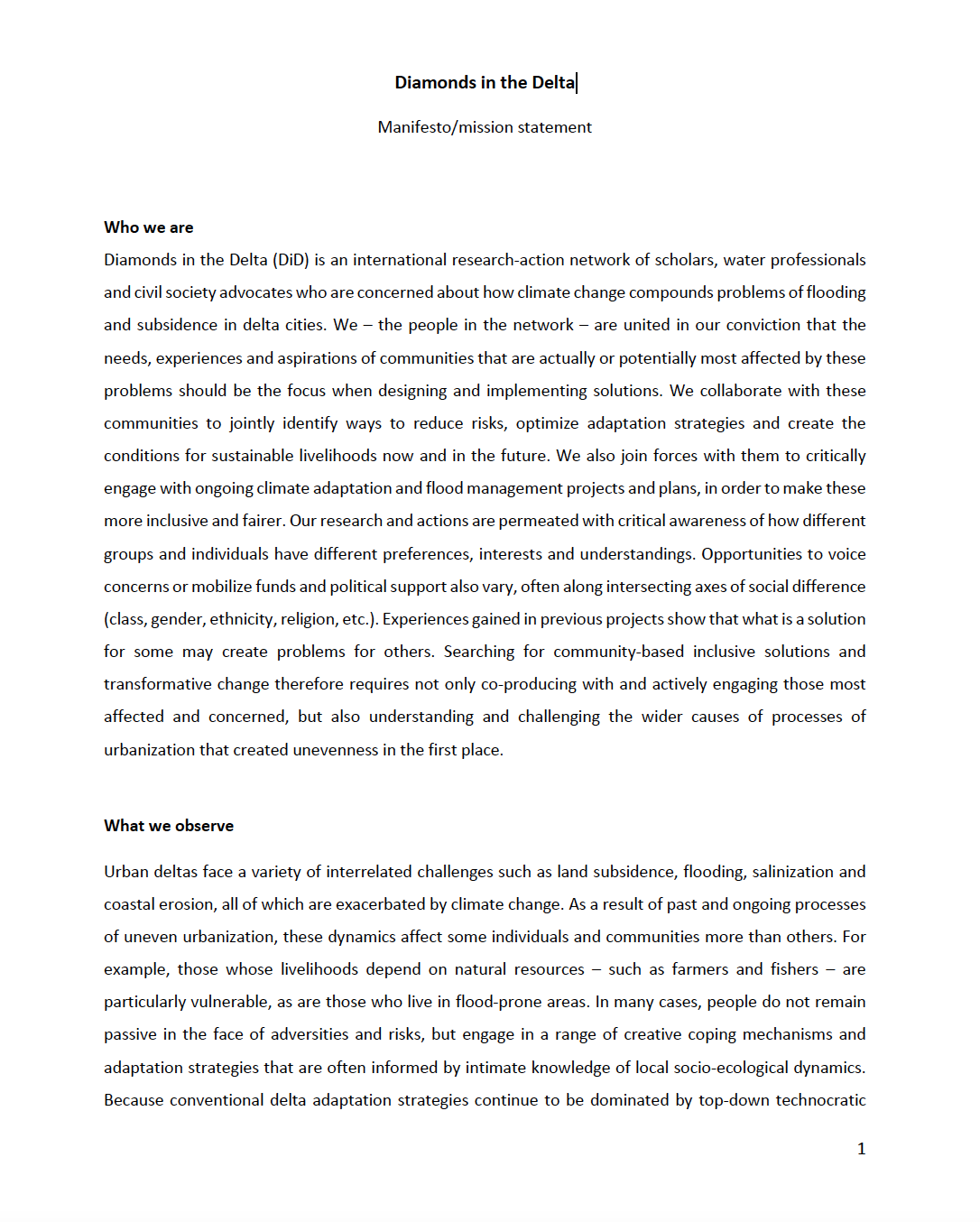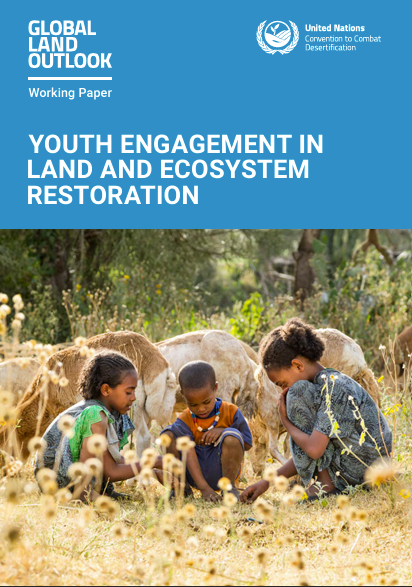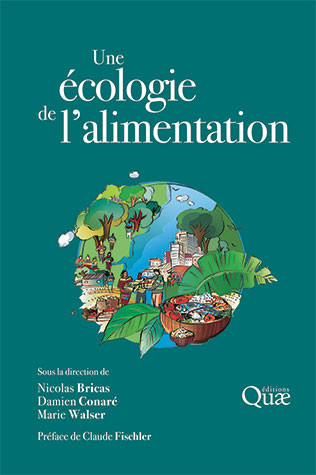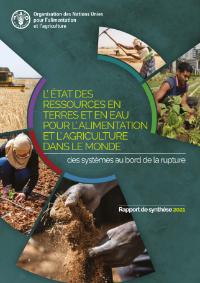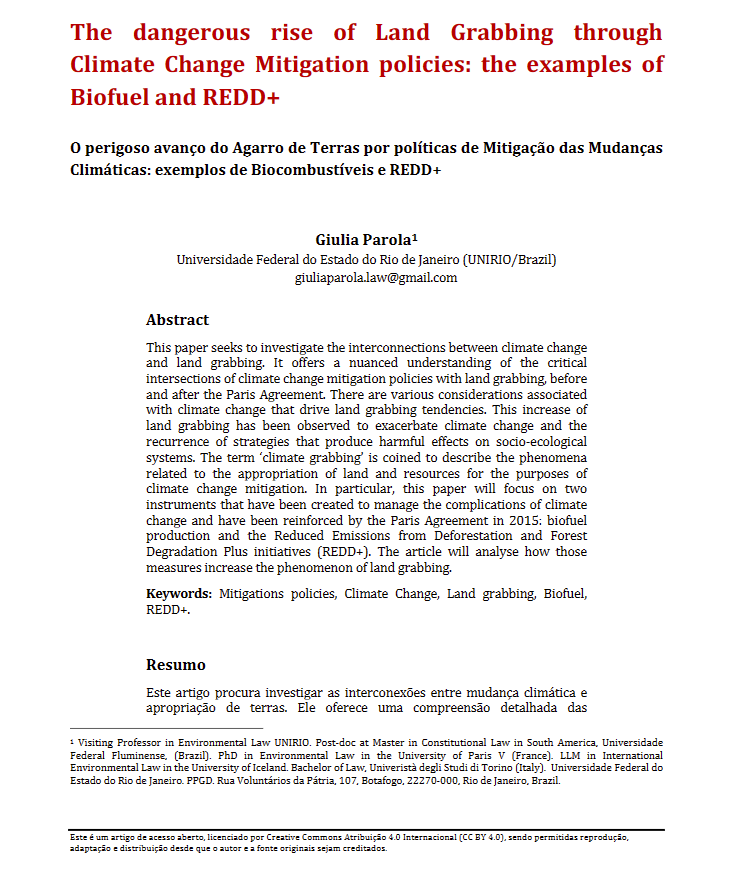Assessing the risk of climate change to select agricultural systems in the world's most vulnerable regions
The Climate Risk Planning and Managing Tool for Development Programmes in the Agriculture and Food Sector (CRISP) project, funded by the Federal Ministry for Economic Cooperation and Development (BMZ)/ Deutsche Gesellschaft für Internationale Zusammenarbeit GmbH (GIZ), aims to address the shortfall in climate risk screening tools. The project is a collaboration between Eurac Research (Italy) and the Alliance of Bioversity and the International Centre for Tropical Agriculture (CIAT).


